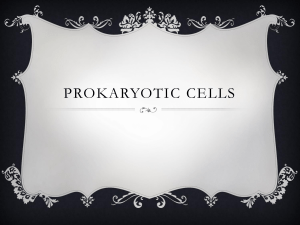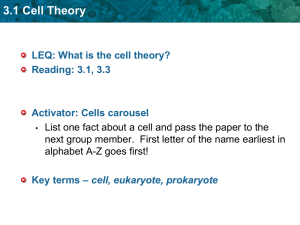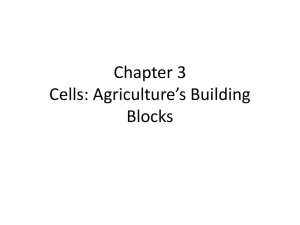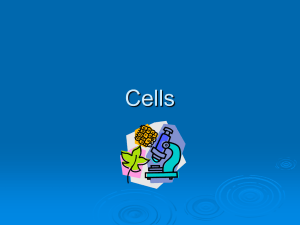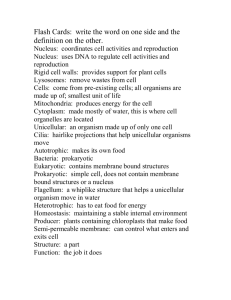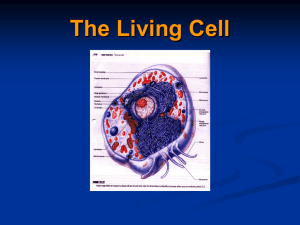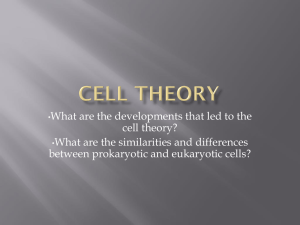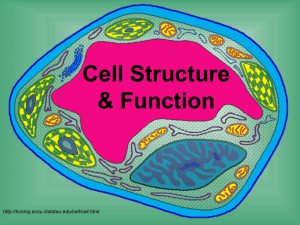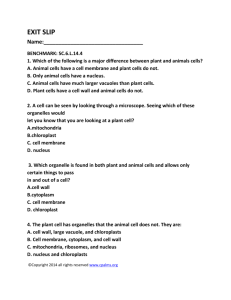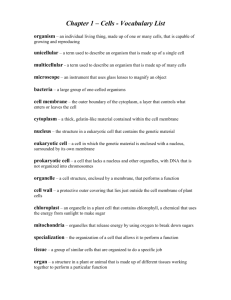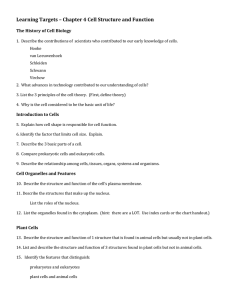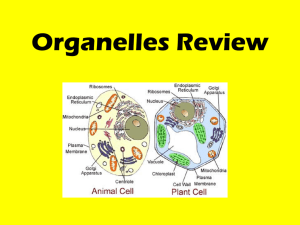Intro to Cells - Cloudfront.net
advertisement
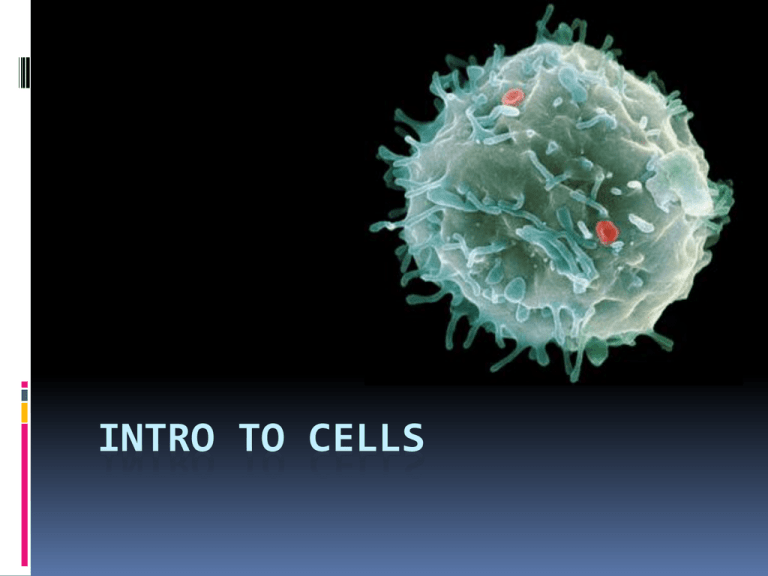
INTRO TO CELLS Facts Cells are the fundamental units of life. All living organisms are composed of and depend on cells to function normally. Scientists estimate that our bodies contain anywhere from 75 to 100 trillion cells. Cells do everything from providing structure and stability to providing energy and a means of reproduction for an organism. There are more bacterial cells in the body than human cells. Scientists have estimated that about 95% of all the cells in the body are bacteria Cells contain genetic material. Cells contain DNA There are many types of cells. Different types of cells reproduce through different methods. Most prokaryotic cells reproduce by a process called binary fission (cloning process) Eukaryotic organisms go through mitosis. Groups of similar cells form tissues. Cells have varying life spans. Cells have different life spans based on the type and function of the cell. Certain cells of the digestive tract live for only a few days, while some immune system cells can live for six weeks. Pancreatic cells can live for as long as a year. Cells commit suicide. When a cell becomes damaged or undergoes some type of infection, it will self destruct by a process called apoptosis. Apoptosis keeps the body’s natural process of cell reproduction in check. A cell’s inability to undergo apoptosis can result in the development of cancer. Two Main Types of Cells Prokaryotic Lack a membrane bound nucleus DNA is not found in the nucleus Shapes: rod, spherical, spiral Bacteria Eukaryotic Membrane bound nucleus Many organelles that perform functions Kingdoms: Animalia, Plantae, Fungi, Protista Plant and Animal Cells Animal Plant Have a cell membrane Cell membrane and Nucleus nucleus Have a rigid cell wall to hold its shape Chloroplasts for photosynthesis Other organelles
